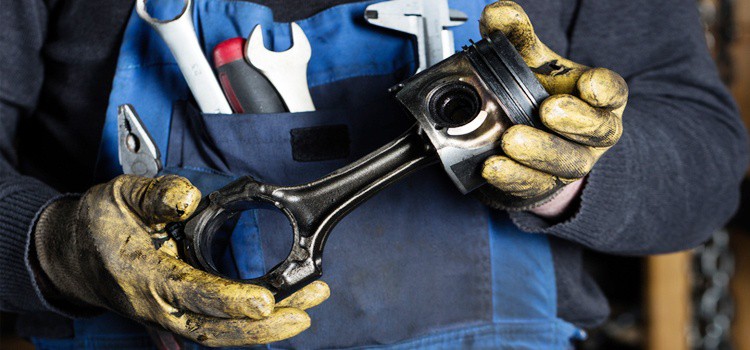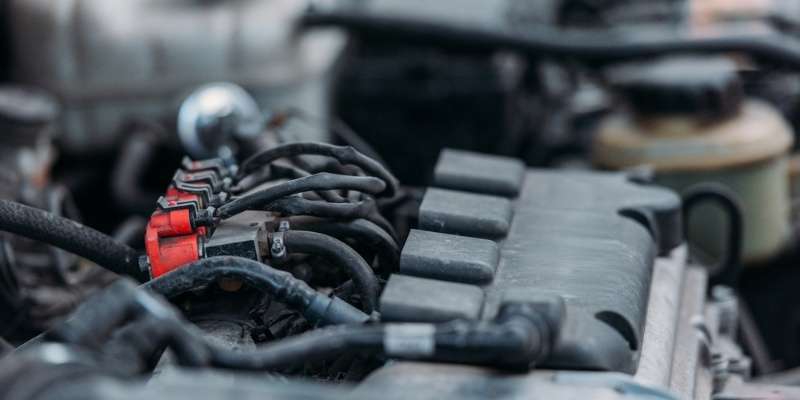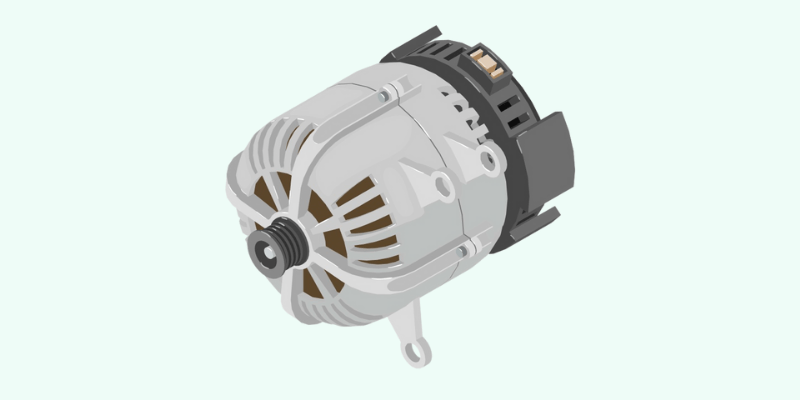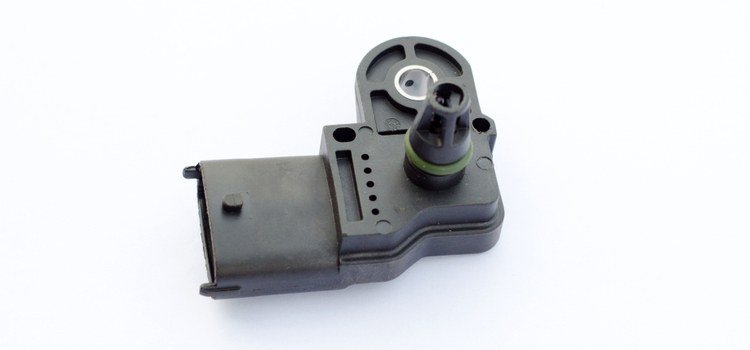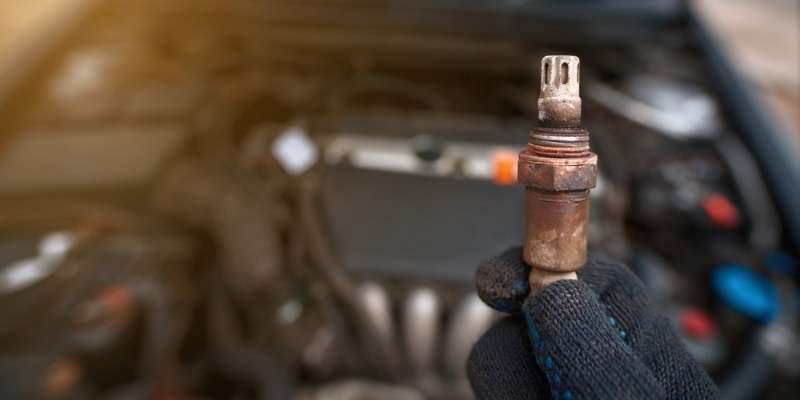Diesel engines emitting white smoke is a common concern for vehicle owners.
It suggests an issue within the engine that needs to be fixed. The smoke means the combustion process is not working right, leaving unburned fuel particles coming out of the exhaust system.
Causes vary, such as faulty injectors, coolant leakage, or low cylinder compression.
Identifying the root cause is vital to solving the issue. Malfunctioning injectors? Clean or replace them. Coolant leakage?
Inspections and repairs are key. Low cylinder compression? Check and increase pressure levels. Prevention is key too. Regular maintenance, quality fuel, and coolant levels help avoid the problem.
Plus, consulting a professional mechanic or technician can help diagnose and resolve it quickly.
Diagnosing White Smoke Issues
- Check for Coolant Leaks: Look at your engine. Is there any sign of coolant leaks? Dropping coolant levels or white smoke with a sweet smell? If so, fix them and replace any bad parts.
- Examine Fuel Injection System: White smoke can come from a faulty fuel injection system. Check the injectors, pump, and filters. Clean or replace them if needed.
- Analyze Glow Plug Operation: Bad glow plugs can cause white smoke. Test them using an ohmmeter or ask a technician to see if you need to replace them.
- Check Compression Ratio: Low compression in one or several cylinders can cause white smoke. Do a compression test on each cylinder to see if something is wrong. Replace worn piston rings if needed.
- Consider Ambient Temperature: In cold weather, some white smoke is normal at start-up. But if it’s too much, further investigation is needed.
Regular maintenance is also important. Change oil and air filters as suggested by the manufacturer.
Pro Tip:
Read the manufacturer’s manual for troubleshooting tips for your diesel engine model and make.
Resolving White Smoke Problems: Get rid of that white smoke from your diesel engine. Don’t be a mobile smoke machine!
See Similar Post: Diesel Engine Idle
Resolving White Smoke Problems
White smoke from a diesel engine is a definite issue. Follow this 3-step guide to fix it:
- Check the Fuel System: Inspect the fuel injectors and filters. Replace any faulty parts and make sure the fuel flows.
- Examine the Cooling System: Insufficient cooling causes smoke. Check for leaks, the coolant level, and the radiator fan.
- Assess the Engine Compression: Low compression can also cause smoke. Do a compression test to identify any issues with the piston rings, valves, or cylinder head gasket.
To avoid white smoke in the future, stay on top of maintenance like changing oil and filters. Also, use high-quality diesel fuel and do periodic checks.
Remember, addressing white smoke issues quickly can stop further damage and extend your engine’s life.
Fun Fact: According to Diesel Service & Supply, excessive white smoke could mean water’s gotten into the cylinders.
Need help to sort out white smoke from your diesel engine?
Don’t worry, they’re like the Ghostbusters for your car, except they’re busting smoke instead of ghosts.
Professional Assistance and Maintenance
For the proper working of a diesel engine, professional help and regular maintenance are essential.
Expert technicians have the skills and knowledge to diagnose and take care of any issue that might lead to white smoke. They can offer specialized services adapted to your engine needs.
The table below lists important aspects of professional help and maintenance to fix white smoke from a diesel engine:
| Service Description |
|---|
| Diagnostic Testing – Examining the engine to find the cause of white smoke emission. |
| Fuel System Inspection – Looking for clogs or malfunctions in the fuel injectors, filters, pumps, and lines. |
| Compression Test – Assessing cylinder compression levels to check for issues with piston rings or valves. |
| Exhaust System Examination – Analysing the exhaust system for blockages, leaks, or damaged components. |
| Turbocharger Inspection – Checking turbochargers or superchargers for any defects causing excess smoke. |
| Regular Tune-ups – Making periodic adjustments of engine components like timing belts, spark plugs, and sensors for optimal performance. |
Professionals may also guide on fuel quality improvement and suggest suitable additives to decrease white smoke emissions.
Remember that regular maintenance not only eliminates white smoke but also increases the life of your diesel engine.
Fun Fact:
According to Dieselnet Technology Guide, inadequate air intake can cause incomplete combustion, resulting in white smoke emissions.
 Skip to content
Skip to content
